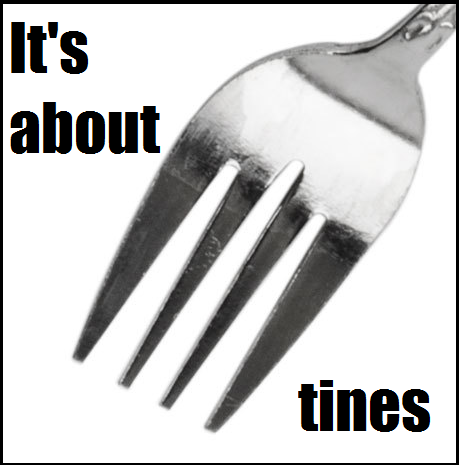Subject: I agree with the the way US Courts have decided the issue...
Author:
Posted on: 2015-06-29 10:26:00 UTC
I just do not like the reasoning. I fully believe in Separation of Church and State, but in my view the Court overused the Establishment Clause and created a highly subjective test that leads to wildly inconsistent results. Like prayer before starting a school day violates the Constitution, but prayer before a city council meeting does not. Or how a non-denominational invocation by a rabbi at a graduation ceremony violates the Constitution, but a prayer at the start of legislative session does not.
I think the better approach would have been to use the free exercise clause. I think most of the same results would have been achieved with less inconsistency. I agree that government should be secular, but I think the problem is, the way the US Courts have used the Establishment Clause, it has been insanely over-broad and has led to inconsistent, and even dangerous results. A good example comes from a few years back. There was a site, that was on Federal Land, and the government wanted to build a highway through it. It would have destroyed the land. That site had been a holy site for several Native American Tribes for centuries, and only came into the possession of the Federal Government during, well not one of our finest moments (forced migration of Native Americans). But even after the Government took control, it was still used by these tribes, and had been for years.
The Court held, that the government could pave the holy site over, basically committing cultural genocide. Congress stepped in and made it a national park, preventing any development on it, so it worked out, but it almost did not. If the Court over the years had been using Free Exercise rather than Establishment, that case would have had a different result, one that I think is the right result. That is why I do not like the way the Court has used the Establishment Clause.
That's why I imply there might be a sliding scale of secularism. Congress should never have had to intervene in that case. But the Court too often forgets the rights of Free Exercise.




